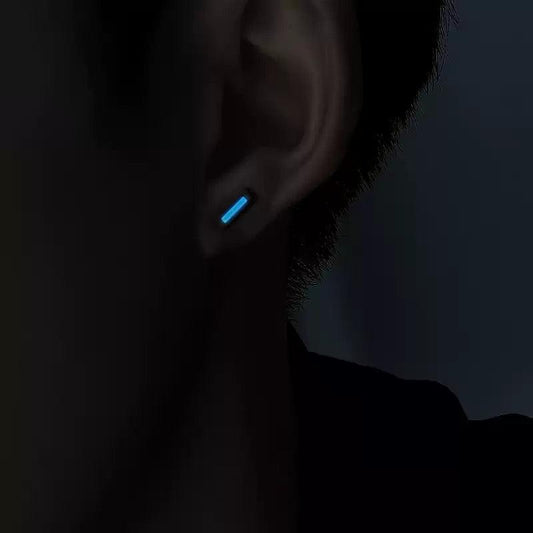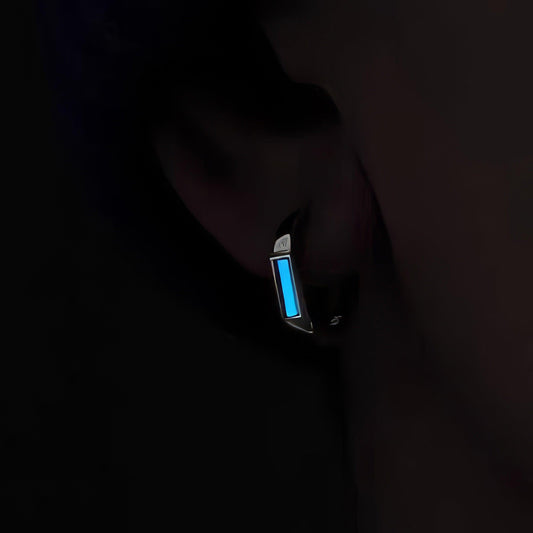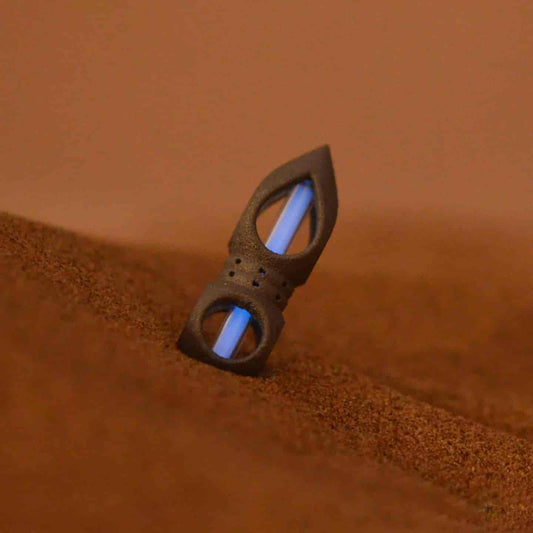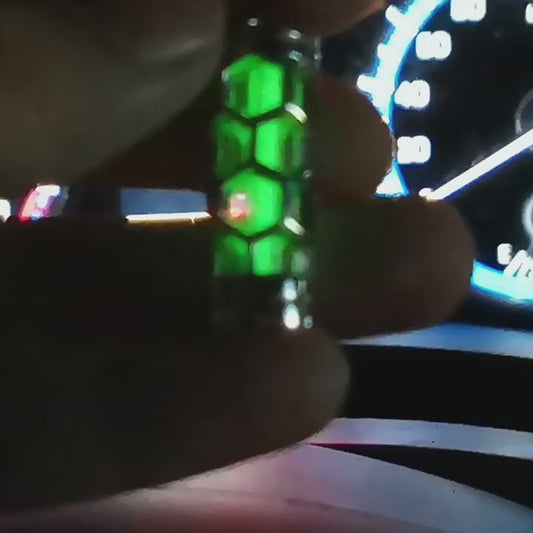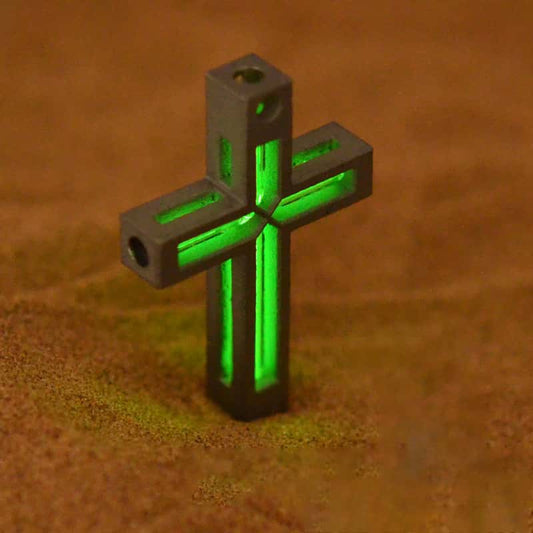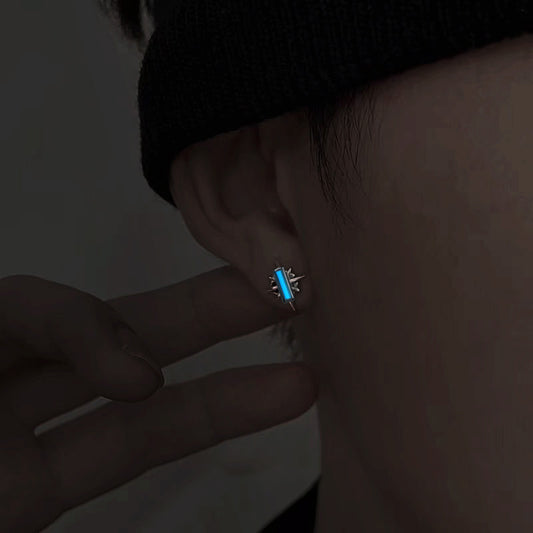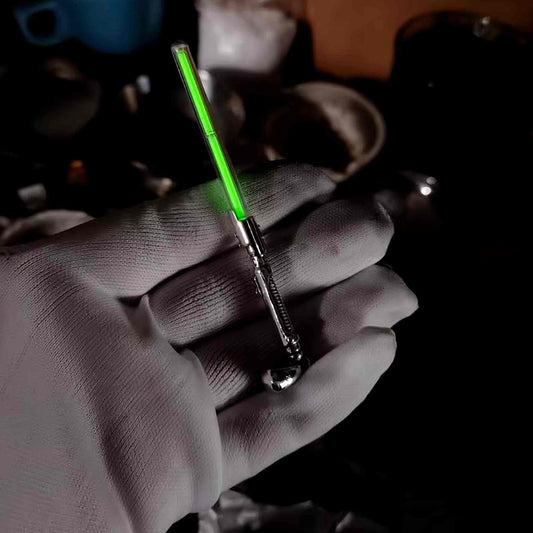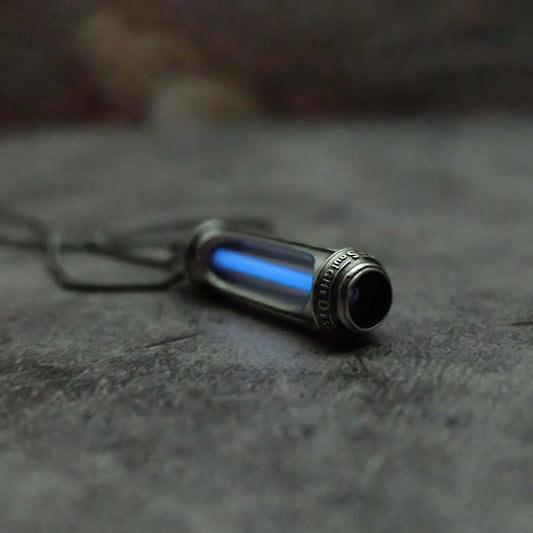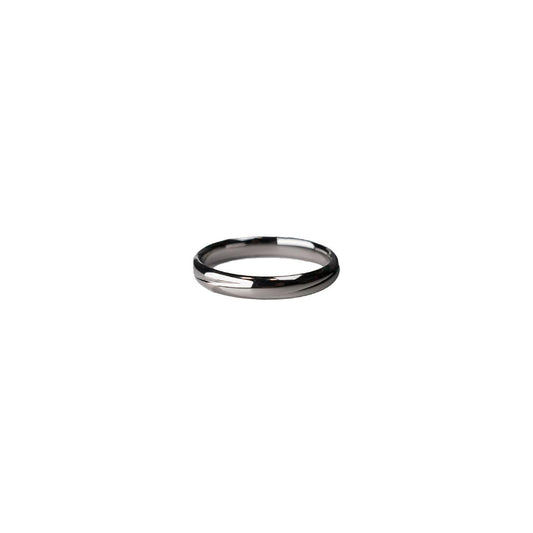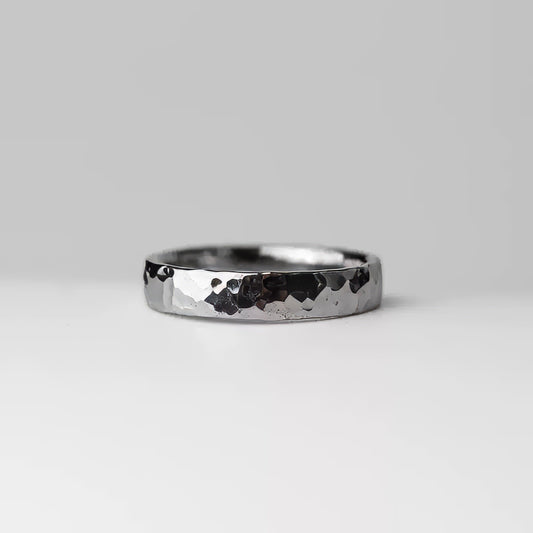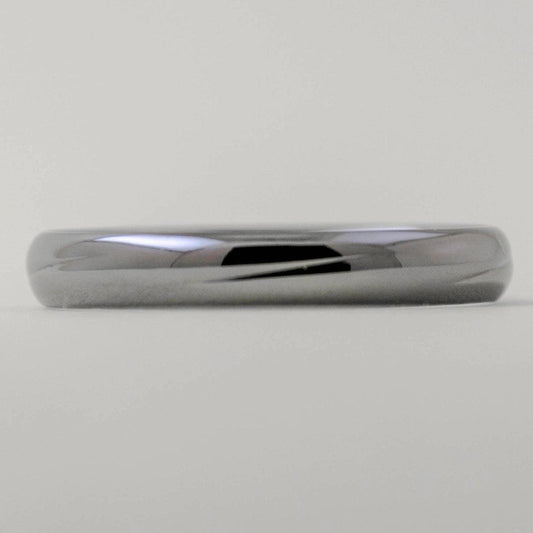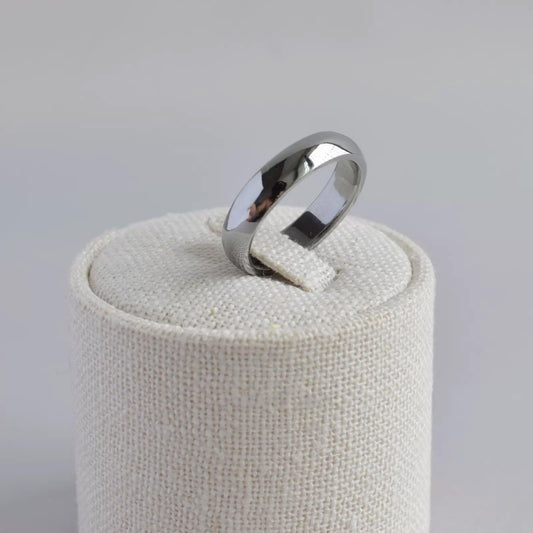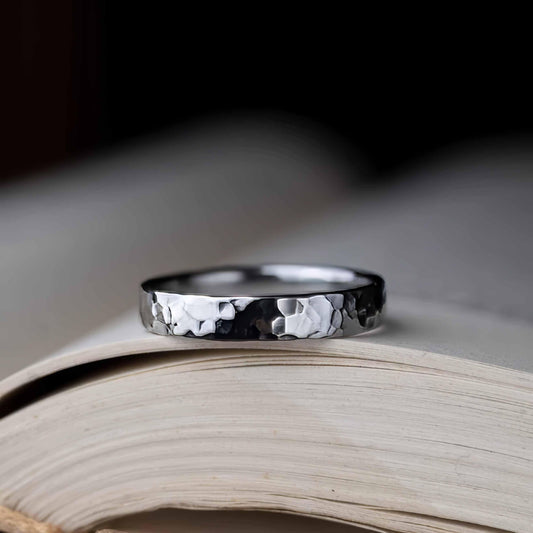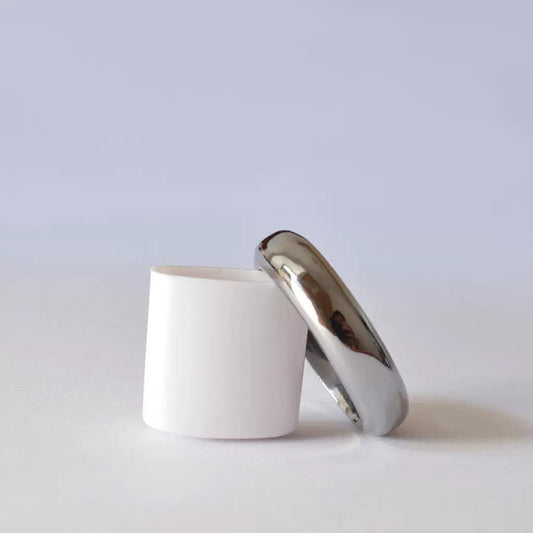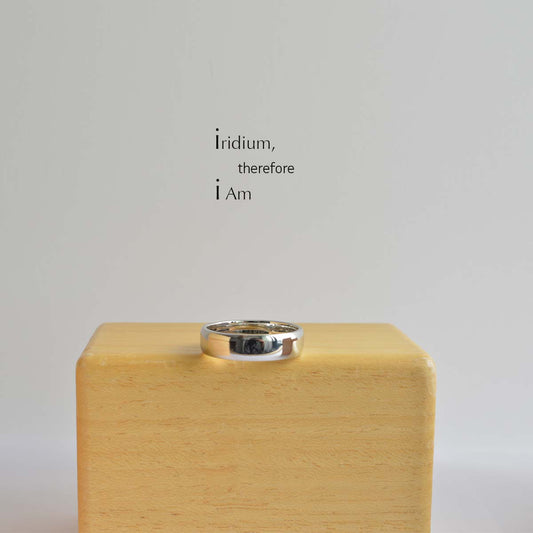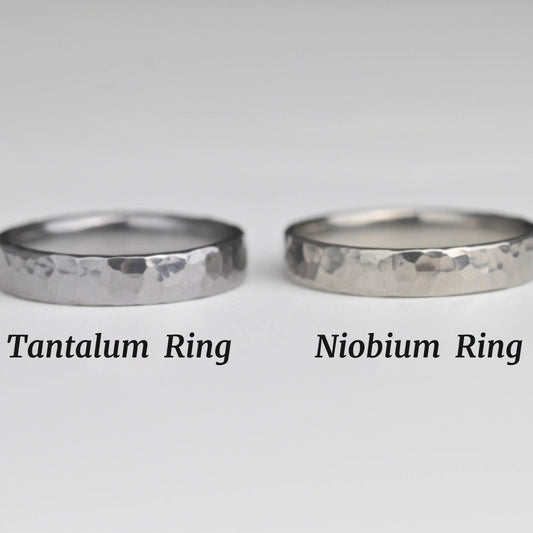The Glittering World of Yellow Diamonds More Than Meets the Eye
The Glittering World of Yellow Diamonds More Than Meets the Eye
Yellow diamonds have always held a certain allure, drawing the eyes of collectors, jewelry aficionados, and even casual admirers. Unlike their more traditional colorless cousins, these gems exhibit a vibrant spectrum that feels like capturing a piece of sunlight. But how do you pin a price to such brilliance? It's a question that digs deep into both the science of gemology and the whims of human desire.
When I first encountered a yellow diamond, it was tucked within the glass case of a quaint little jewelry shop my friend dragged me into during a weekend getaway. Among the sea of sparkling stones, this particular gem caught my attention—not just because of its hue but also for the way it seemed to play with light. The shopkeeper could see my interest (and probably a bit of confusion) and began to explain how color distribution, carat size, and the cut of the stone play pivotal roles in determining its price.
Interestingly, the color of a yellow diamond is the primary factor in its valuation. The Gemological Institute of America (GIA) classifies these gems based on color intensity, ranging from faint to fancy deep. Those with a more vivid color command a higher market price, resembling tiny sun-soaked beacons. This gives each stone a unique signature, much like individual snowflakes, except a tad warmer.
I remember the shopkeeper's eyes lighting up as he shared a tidbit about how yellow diamonds gained fame at high-profile auctions, partly due to their distinctiveness. There's something undeniably captivating about owning something rare, a sentiment that fuels the gem's desirability—and its price tag. The hue essentially becomes a status symbol, an elegance that whispers instead of shouts.
Aside from the intensity of color, there’s the allure of size. Larger yellow diamonds are rarer and thus more expensive. It’s fascinating how the weight of a diamond can amplify its vibrancy, turning a mere jewelry piece into an exquisite work of art. The cutting process, too, is integral to unlocking a yellow diamond’s full potential, emphasizing its color and ensuring it captivates at every angle. Each cut is a creative decision, a tiny sculptor’s vision, adding layers of complexity to the stone’s final price.
This little journey into the world of yellow diamonds left me pondering the convergence of nature and human craftsmanship. The idea that something so elemental could be priced based both on its inherent qualities and the value we as people assign to it is fascinating. It’s a reminder that while the world of these gems is grounded in precision and expertise, it is also vividly colored by our emotions, our cultures, and our innate attraction to beauty.
In the end, whether you’re a seasoned collector or someone like me—more accustomed to admiring from a distance—the intrigue of yellow diamonds is undeniable. Perhaps one day, when I stumble across another glimmering gem, I’ll find myself once more drawn into its radiant world, musing over the nuances that make it so much more than a simple stone.
